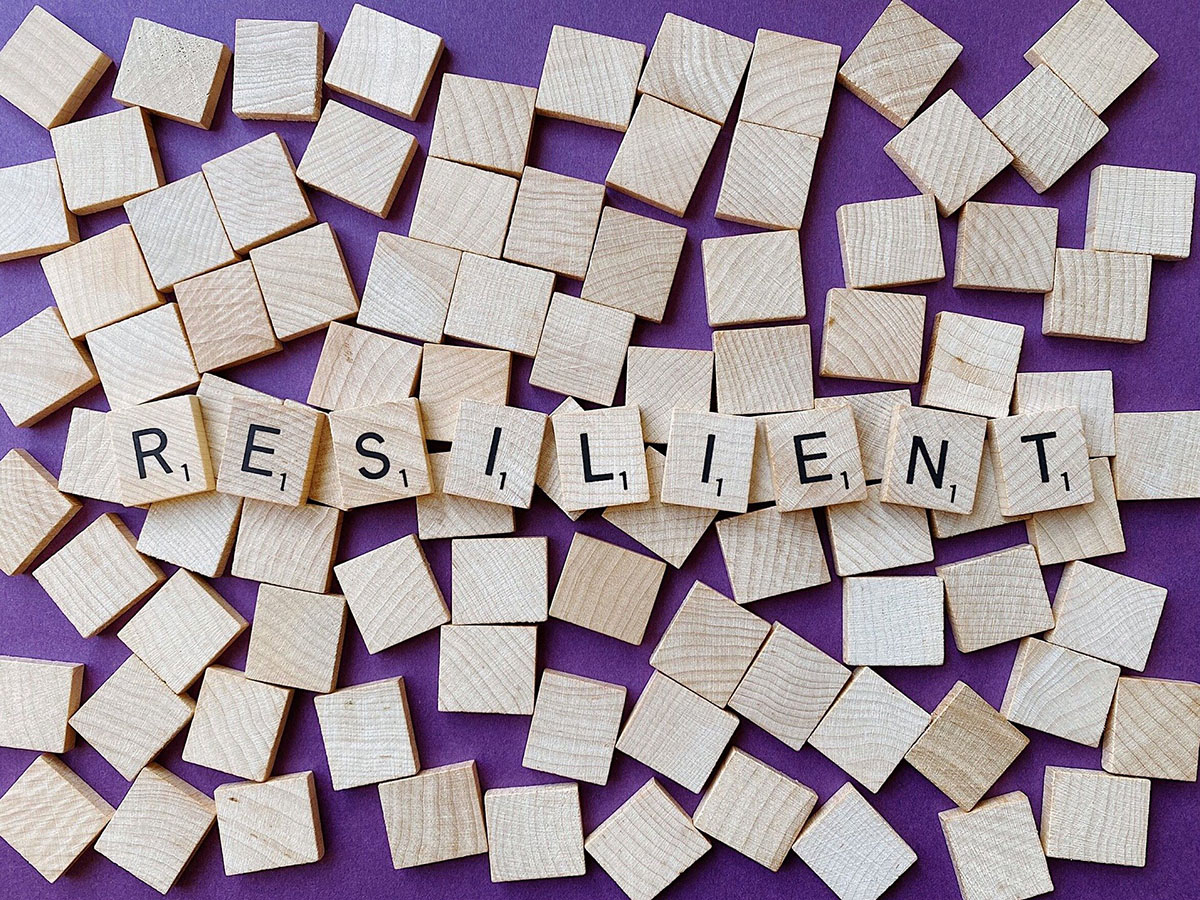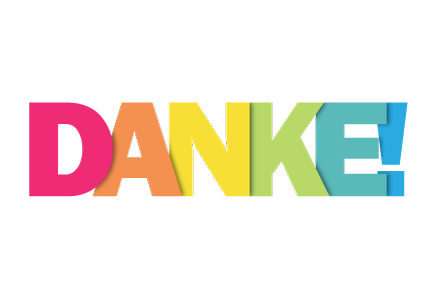The term resilience comes from psychology and generally refers to the resistance that a person develops in crisis situations. It is about the ability to deal with difficulties or changes in such a way that they do not cause any long-term personal damage, but instead one recovers relatively quickly and becomes capable of acting again. The concept of resilience has also been used in the context of digitization for some time now – referred often as “digital resilience.”
Perspectives on digital resilience
On the one hand, digital resilience can be related to the economic level. This means that infrastructures and technologies must be so flexible, adaptable and secure that their use/usability can be guaranteed permanently and as crisis-resistant as possible. Whether this can be achieved also depends on how provider-independent (keyword: digital sovereignty) one is.
On the other hand, digital resilience also offers a social perspective, i.e., can users of digital technologies and infrastructures build up individual resilience?
Social responsibility and digital resilience
It will come as no surprise to anyone that research on communication and media studies now assumes that we – in industrialized countries – are completely “mediatized,” i.e., our communication processes, communication behavior and information exchange are predominantly technology-infused. Scientists speak of the post-industrial or informational network society. Networking is the essential principle in this society. We have long been aware that this development brings with it not only opportunities but also risks, but in many cases there is still a lack of meaningful measures to promote our sovereignty and self-determination. Just think of the increased dependence on technology, the effects of filter bubbles, or unequal opportunities for participation (digital divide).
Although it seems that we have already arrived technologically in this network society, reality paints a different picture. We are in the midst of change: On the one hand, we often feel overwhelmed by a digitized environment with the demand for permanent accessibility; on the other hand, digital structures are lacking in important areas and thus also the associated knowledge and skills. Self-determined action and digital resilience for society as a whole do not yet seem to be in sight.
Transferring the concept of resilience to our digital and networked communication can be useful in finding ways to make people resistant to all media impulses and the flood of information on an individual level. Companies can assume social responsibility and ensure that employees are not digitally overburdened by optimizing digital communication processes and reducing them where necessary (e.g., developing an e-mail policy). At the same time, the range of further training should be expanded to include topics such as digital sovereignty and media consumption.
Resilience as a solution?
A team of researchers from the Universities of Tübingen and Salzburg (H. Atteneder, U. Maier-Rabler, T. Steinmaurer, Medienjournal 05/2017) suggests developing the concept of resilience any further.
Resilience is focused on self-preservation and continuation; the concept is not used to change things. This also means that the system in which resilience is developed is supported or even stabilized and strengthened. But what if the system itself is flawed, inadequate or unfair in many places? Does it then make sense to use individual resilience to maintain it?
Resilience (in the psychological sense) according to today’s reading only works in one direction: I adapt to my environment, i.e. I am mindful, think positively and come into balance with myself. One can interpret this to mean that there is something wrong with myself. In order to stop this “disorder”, I have to become active myself. Resilience is a desired state by my business environment, because as a resilient person I remain efficient. Since productivity is an essential factor in capitalist systems, this system needs efficient and resilient individuals for its self-preservation.
Being resilient does not automatically mean that I can act actively in a self-determined way if the system gives me no or only limited opportunities to act in a self-determined way. However, with limited opportunities to act, it can also be resilient not to act.
Digital resilience must be more
What may be useful for the concept of resilience from a psychological perspective for the individual, although this would also have to be questioned, cannot be transferred 1:1 to digital communication. We need to think further here, because it does not promote people’s satisfaction and thus their health if they muddle through in digital worlds instead of actively helping to shape them.
Today, we are surrounded by products and infrastructures (digital and analog) to whose functional logic we largely adapt and not vice versa. How a piece of hardware or software is structured determines our workflows. The majority of all current products come with ready-made user manuals, telling us “use me this way and no other”.
With increasing digital communication, however, it is more necessary than ever to develop extensive skills for critical reflection in order to know individual needs more precisely and to be able to act in a self-determined manner derived from this.
The result of such critical reflection, however, needs opportunities for action in order to bring about improvements.
The further development of resilience for the digital space can therefore only consist of reciprocal choices. Digital resilience would therefore mean that, for every type of digital product or digital infrastructure, I can individually choose what is best for my sovereignty and my own processes, enabling me to do well.



